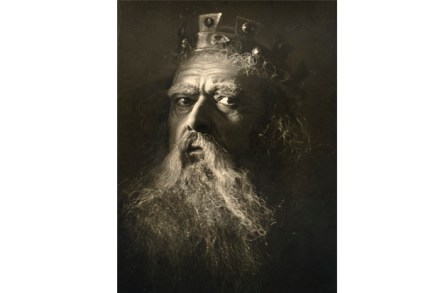Shakespeare’s crowning glory
In the 18th century, as Shakespeare began to take on classic status, editors began to notice differences between the texts of the plays preserved by his fellow actors in the posthumously published First Folio of his Comedies, Histories & Tragedies and those that had been published in the playwright’s lifetime in the cheap pocket editions,






